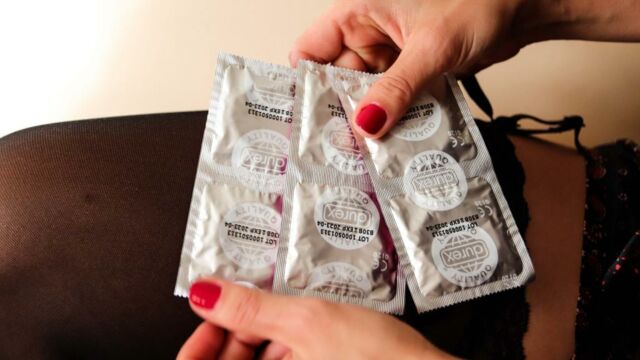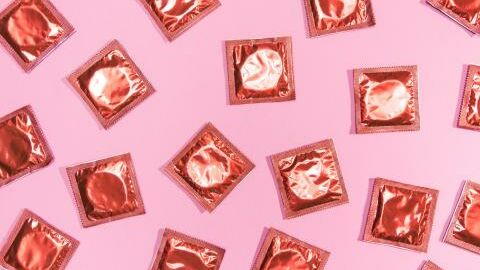It looks like Brits have been making up for the lost 'sexy' time ever since COVID constraints have been getting lighter in the past few months.
Discover our latest podcast
According to hygiene giant Reckitt Benckiser, sales of Durex condoms, KY lubricants, and Veet hair removal products increased by over a fifth towards the end of last year. Sales of its sex items have also grown dramatically in China, the United States, and India. Lacey Haynes, a subject matter expert, stated:
Now that we’re on top of Covid, people can finally get out there and get on top of each other again.
Protection first
Durex reported that condom sales have increased since lockdown restrictions in the UKwere loosened. According to British consumer goods firm Reckitt Benckiser, customers ventured outside again after a year of lockdowns, expanding sales of KY lubricants and Veet hair removal treatments. It's no surprise that Reckitt's personal merchandise has seen an increase in sales. It's an exciting moment when individuals are re-energized and ready to connect. Haynes confirmed:
Lockdown was a time where sex in long-term relationships took a nosedive and where hooking up was off the cards. People are now experiencing a freedom they’ve been craving for two years.
Reckitt's financial results in 2021 were lower than in 2020 due to a surge in disinfectant sales, such as Dettol, that accompanied the arrival of COVID-19. Durex said on Thursday that it had noticed an increase in demand for intimate things in places like China and India, where it is now the second best-selling condom brand.
Skyrocketed prices
The firm's non-sexy items were also affected by the termination of lockdown. An increase in germ-mingling has been blamed for a rise in cold and flu drugs like Strepsils and Lemsip. Reckitt predicted that sales of its products would increase in 2022, but that it would have to raise prices to cover the costs of increasingly expensive raw materials.
Consumer brands are feeling the effects of growing inflation. Heineken warned yesterday that it would be forced to hike the price of its products to cover higher costs, which could lead to fewer people drinking beer. Reckitt agreed, stating in its financial reports that cost inflation increased expenses by 11% in 2021. The corporation confirmed that it was attempting to alleviate the burden by raising pricing and lowering costs.















